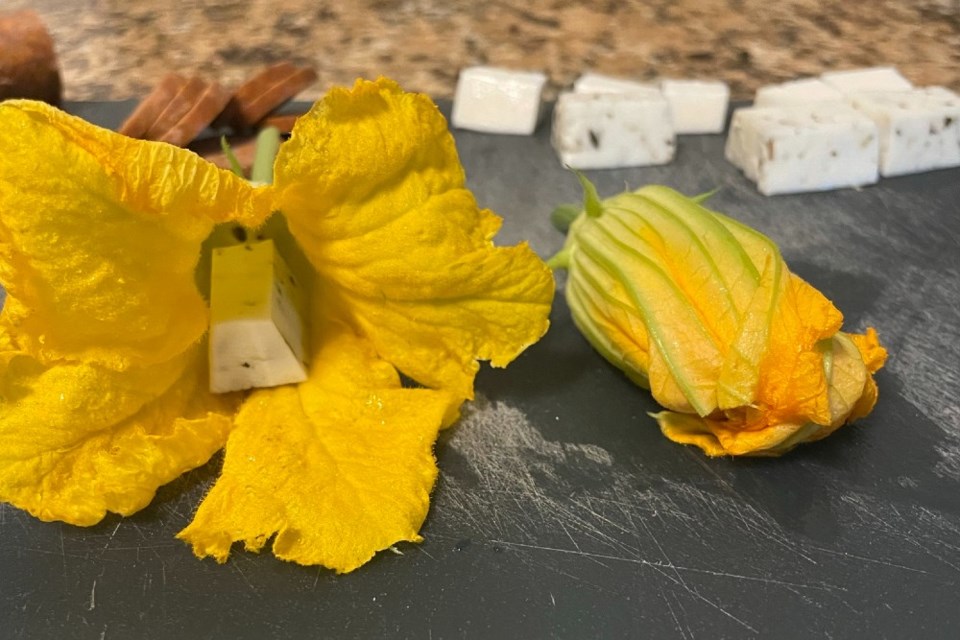Your garden is now likely growing out of control. You look at it each day and wonder, “What have I done?”
Welcome to the wild world that is gardening! Squash are probably the most interesting and most beneficial vegetable that you can grow. Each squash plant can provide an abundance of food for you and your family. Off a single pumpkin plant you can easily get several 15 to 30 pound pumpkins (pumpkins are edible by the way). Zucchini are the most commonly grown squash and usually the most prolific. But how do you know when to harvest your squash?
The easy answer is whenever they look like they’re ready to eat! When they get to a size that looks good to you, pick them and eat them. For a less vague answer, go with the size that you normally see those vegetables at when you go to the farmer’s market or your favorite local farm.
Zucchini can be eaten at any size, no matter how small or big. The texture and taste does change with the vegetable size though. When they are small, they’ll be more tender and not as hard. As the zucchini gets larger, they get more bitter and firmoth have their own uses in the kitchen.
If you harvest zucchini (or other summer squash) when they are small to medium size you can slice them, sautee the slices in olive oil for ten minutes or so, add a little salt and that’s all you need. Add other vegetables as desired. If you harvest your zucchini when they’re on the bigger end you could do the same thing (but they probably won’t be as delicious). Another plan is to cut them in half-lengthwise, scooping out a little bit of the flesh, and fill each half with whatever delicious filling you would like (think vegetable medley or throw in a little bit of meat) followed by an hour of baking in the oven. Baking the larger squashes is going to soften them up, making them more palatable. Filling the squash halves is called making a zucchini boat and they are amazing.
Keep in mind the more you harvest your squash the more the plant will produce so harvest often!
Squash Flowers
Did you know that you can eat the squash flowers and they are quite tasty? Well now you know!
There are two types of squash flowers, male and female. The male squash flowers are on long stems that stick out of the plant, they pollinate the female flowers via your pollinators. The female squash flowers are close to the base of the plant and produce the actual squash. If you pick and eat all the female squash flowers you won’t get any squash. If you pick and eat all of the male squash flowers then the female squash flowers won’t get pollinated and you won’t get squash. If you pick a few of the male squash flowers though, then you can enjoy them without being detrimental to your squash harvest.
Take a pair of scissors, cut the male squash flower off (remember, the long stem flowers), make sure there aren’t any bees in it. If there are bees, just hold the flower upside down and give it a gentle shake and the honey bees will fly away to the next squash flower. Harvest the flowers early in the morning when they are open.
You can sautee the squash flowers in a little bit of olive oil as-is or you can stuff them with goat cheese from the farmers market. You could also wrap said goat cheese in pepperoni, prosciutto, or anything else you can dream up. After stuffing you just twist the top of the flower like a zip tie so it’s closed and wrap that tied tip under itself to contain the stuffing. Heat up some olive oil in a pan on medium heat, sautee your squash flowers for a few minutes on both sides then enjoy! You’ll feel like you’re at your own 5-star restaurant whether you’re cooking the stuffed squash flowers or your freshly harvested zucchini.
You’ll also find squash flowers and squash at your favorite local farm around town or at the farmers market.



